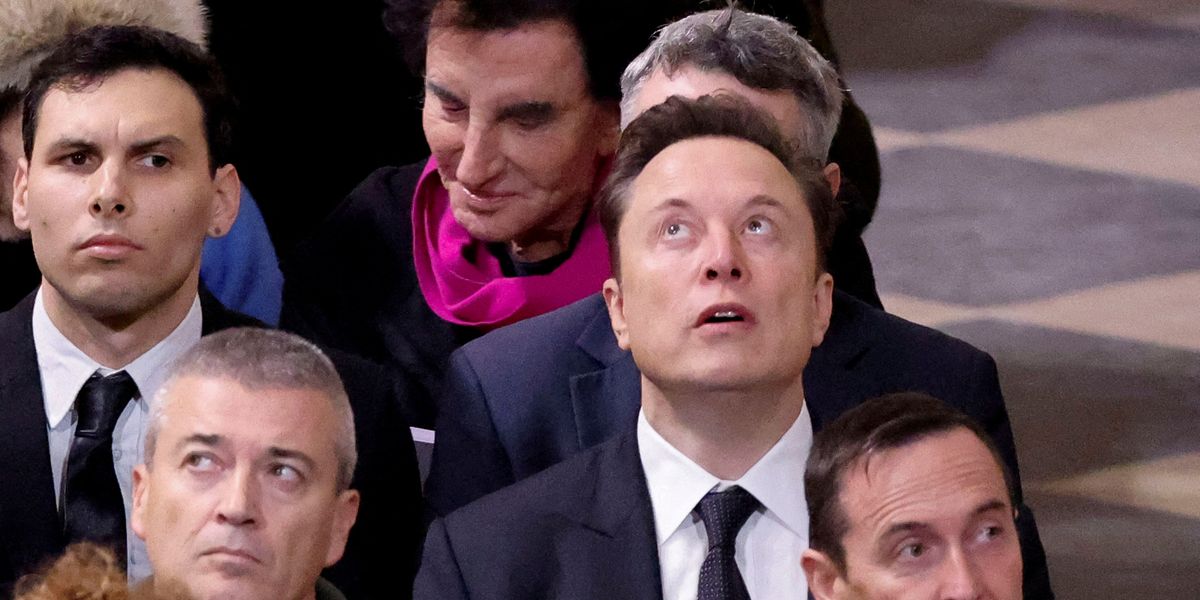Summary
Elon Musk faced backlash from his followers on X after advocating for importing “super talented engineers” to address a shortage in the U.S. tech industry.
Musk likened hiring top foreign talent to building a championship sports team and argues that there is a shortage of talented and motivated American engineers.
Critics argued there’s sufficient U.S. talent being overlooked or underpaid, with some pointing to widespread tech layoffs.
Musk dismissed claims of low wages or training gaps, maintaining a need for exceptional engineering talent to advance innovation.



Econ 101 Supply/Demand charts tell us that if the supply of laborers goes up, the price for each laborer must fall.
So it’s less stealing jobs and more stealing bargaining power for pay.
Of course, this ignores the price fixing power of monopsony. Prices can also be low because there is only one buyer of labor (or one big cartel) in an industry that refuses to employ outside of a certain price range. If you pick up Peter Theil’s book “Zero to One”, you’ll read all about how the end goal of a business owner is to corner the market and dictate price within the industry.
There’s a lot of under-the-table wage-fixing within the industry. It’s usually masked by the use of HR consultants for “benchmarking” of salaries (i.e., providing the desired answer for a reasonable fee). They then inevitably tell the employer that their salaries are higher than their competitors, and the employers use that as leverage to reduce salary increases or cut pay and benefits.
From back in '15
A federal judge has approved a $415 million settlement that ends a lengthy legal saga revolving around allegations that Apple, Google and several other Silicon Valley companies illegally conspired to prevent their workers from getting better job offers.